How Much Spending Money for UK?
Planning a trip to the UK from Australia and wondering how much spending money you'll need? You're not alone. Many Aussie travellers ask this question as they prepare for their journey abroad. The answer, however, is not one-size-fits-all. It depends on your travel style, preferences, and budget.
To help you figure out exactly how much money you should bring, Crown Currency Exchange has put together the following guide. Read on.
How Much Spending Money Do I Need for the UK?
Let's break down the average daily budgets for different types of travellers:
Budget Travellers
For those who prefer the bare essentials, a strict budget of around £80 per day will suffice. This allows for accommodation in shared hostel dorms, cooking meals from local grocery stores, and commuting using public transportation. You can also fill your itinerary with free attractions such as museums, parks, and beaches. If you're planning on enjoying a few drinks or want a little extra cushion, consider adding another £10-£15 to your daily budget.
Mid-range Travellers
If you crave a bit more comfort and convenience, aim for a daily budget of about £180. This enables you to stay in private hostel rooms or Airbnb apartments, dine out occasionally at budget-friendly pubs or food stalls, and take advantage of early-bird train fares for intercity travel. You'll also have enough to enjoy a couple of drinks, hop into a taxi when needed, and visit iconic, paid attractions such as Westminster Abbey or the Tower of London.
Luxury Travellers
If you prefer first-class all the way, you'll want to budget at least £350 per day. This allows you to enjoy the luxury of hotel stays, dine out at your leisure in a variety of restaurants, use taxis or trains for convenient transportation, and engage in an array of tours and activities. Remember, this is just the starting point for luxury travel. The sky truly is the limit when it comes to creating unforgettable experiences in the UK!
Although the UK is one of the most expensive countries in the world to visit, there are plenty of ways to save money and make your dream trip a reality. We recommend using Numbeo to get a better idea of the cost of living in the areas you plan on visiting.
What Goes into a Travel Budget?
Creating an effective travel budget involves several key components. It's not just about how much you spend, but where you spend it. Here are the primary elements that go into formulating a travel budget:
- Transportation: This includes airfare, car rentals, public transport, and any other costs related to getting around.
- Lodging: The cost of your accommodation, whether it's a luxury hotel, budget hostel, or an Airbnb rental.
- Food and Drink: Your daily meals and beverages, whether you're dining out at restaurants or cooking for yourself.
- Activities: Expenses for sightseeing, tours, museum tickets, and other entertainment costs.
Remember, a well-planned budget is the first step towards a successful and stress-free travel experience.
What is the Cost of Accommodation in the UK?
Accommodation costs in the UK can vary greatly:
- Budget Travellers: The average daily cost for hostels and budget hotels can be anywhere from £40 to £80.
- Mid-range Travellers: Expect to pay between £90 and £130 per night for a comfortable hotel room.
- Luxury Travellers: Luxury hotels can range from £150 to £500 per night.
Different accommodation options
- Hostels: Ideal for budget-savvy travellers, hostels offer dormitory-style rooms typically priced between £10-£30 per night. They often include amenities such as complimentary Wi-Fi, breakfast, communal lounges, televisions, and kitchen facilities. If you're seeking more privacy, private rooms in hostels start at around £50.
- Camping: For outdoor enthusiasts, numerous campgrounds spread across the country provide basic facilities like restrooms, electricity, and Wi-Fi. Expect to pay between £10-£20 per night for a camping spot.
- Budget Hotels: Budget hotels offer a balance between cost and comfort. Providing similar amenities to hostels but with increased privacy, twin rooms start around £60-£80 per night, though prices can rise to about £120 during peak season.
- Apartment Rentals: Platforms like Airbnb let you immerse yourself in local living. Private rooms range from £35-£90 per night. For larger groups or those desiring more space, entire apartments or homes start at around £90 per night, with an average price between £110-£120.
Our money-saving tips for accommodation costs:
- Book Early: Accommodation prices can rise as availability decreases. Secure your stay well in advance to lock in better rates.
- Travel Off-Peak: Consider travelling during the shoulder seasons (spring and autumn) when prices are typically lower than the peak summer months.
- Stay Central: Choose a centrally located accommodation to save on transportation costs.
- Consider Alternative Accommodations: Look beyond hotels and explore options like hostels, campgrounds, or apartment rentals for potentially cheaper stays.
- Use Comparison Sites: Websites like Booking.com and Expedia can help you compare prices and find the best deals.
What is the Cost of Food in the UK?
The culinary scene in the United Kingdom offers a delightful mix of traditional and international flavours. Here's a snapshot of what you can expect to pay for food:
- Street Food and Fast Food: Affordable and quick, options like kebabs or burritos are usually priced between £5-£10. Traditional favourites like fish and chips typically cost around £10, while a combo meal at a fast-food outlet is generally about £6-£7.
- Pub Fare: Dining at a casual pub or eatery will cost approximately £12-£16, offering generous servings of dishes like meat pies and Yorkshire pudding.
- Restaurant Dining: If you're looking for a more formal dining experience, plan for at least £30-£35 per person for a three-course meal with a drink at a mid-range restaurant. High-end establishments can charge upwards of £70 per meal.
- Beverages: Expect to pay around £6 for a pint of beer, while a latte or cappuccino usually costs between £3-£3.50. Bottled water is typically about £1.20.
- Groceries: If cooking at home is your preference, a week's worth of groceries, including staples like rice, pasta, vegetables, and some meat, will set you back around £40-£60. Consider shopping at budget-friendly supermarkets like Lidl, Aldi, Sainsbury’s, and Tesco to save money.
Our money-saving tips for food costs:
- Plan Your Meals: Pre-planning your meals can help you save time and travel money from food prices. Knowing what you need in advance can prevent impulse purchases.
- Clip Coupons: Don't underestimate the power of coupons for good deals. They can lead to substantial savings on your grocery bills.
- Create a Food Inventory: By keeping track of what you have, you can avoid unnecessary purchases and minimise food waste.
- Bring Your Own Bag: Some places charge for bags, so bringing your own tote can be both eco-friendly and cost-effective.
What is the Cost of Transport in the UK
The UK boasts an extensive and efficient transportation network, offering several options to suit different travel preferences:
- Public Transportation: Cities in England have robust public transport systems with buses, trains, and trams. Travel passes can offer savings, like the London Visitor Oyster Card that cuts a one-way Zone 1 tube fare from £6.30 to £2.50.
- Train Travel: The National Rail service is reliable but can be costly, with prices varying greatly. Early booking often secures better rates. A Eurail Pass can be a good option for multi-stop European travel.
- Bus Travel: Megabus offers cheap fares starting at £1 if booked a month in advance. Other companies like Flixbus and National Express also offer low fares and discounts.
- Domestic Flights: Domestic flights can be cost-effective when booked early, with fares of around £49 from Central London to Manchester or Liverpool.
- Car Rentals: Daily rental rates can be as low as £20-£30 for multi-day rentals. Remember, the UK drives on the left, and most cars are manual. The minimum rental age is 21.
Our money-saving tips for transportation costs:
- Book in Advance: Whether it's trains, buses, or flights, booking your tickets early can often secure the best prices.
- Consider a Rail Pass: If you're planning extensive travel by train, a rail pass like the Eurail Pass can offer significant savings.
- Use Public Transport: Major cities in the UK have excellent public transport networks. Consider getting a travel pass like the Visitor Oyster Card in London for cheaper fares.
- Travel by Bus: Companies like Megabus and Flixbus offer very affordable fares, especially when booked in advance.
- Evaluate Car Rentals: If you're comfortable driving in the UK, renting a car can be cost-effective, especially for group travel.
Cost of Activities in the UK
The UK is a treasure trove of exciting activities catering to a diverse range of interests. Here's a snapshot of what some popular experiences might cost:
- Historic Sites: Visiting iconic sites like the Tower of London (£33.60 per adult) or Stonehenge (£64) offers a fascinating glimpse into the country's rich history.
- Museums: Many of the UK's world-class museums, including the British Museum and the Natural History Museum, offer free admission, although donations are appreciated.
- City Tours: Hop-on, hop-off bus tours, such as those in London, start at around £49.50 per average person, providing an excellent overview of the city's landmarks.
- Theatre Shows: Catching a West End show in London can range from £20 for balcony seats to over £100 for premium seating.
- Royal Attractions: A visit to Buckingham Palace costs around £90 per person while touring Windsor Castle will set you back about £23.50 per adult.
- Outdoor Activities: Exploring the UK's stunning national parks is generally free, but specific activities like boat tours in the Lake District start at around £10.
- Gardens and Estates: Entry to beautiful gardens like Kew Gardens costs around £17.50, and grand estates such as Chatsworth House start at £28.50.
- Sporting Events: Attending a Premier League football match can vary greatly, with tickets starting from £30 and going up to £100 or more.
- Music Festivals: Prices for music festivals fluctuate based on the event, but expect to pay anywhere from £50 for a day ticket to £250 for a full weekend pass.
- Iconic Experiences: Riding the London Eye will cost around £45 per adult, while a trip on the Thames River Cruise starts at about £42.50.
Our money-saving tips for activities:
- Take Advantage of Free Attractions: Many museums and galleries in the UK offer free admission, including the British Museum and the Natural History Museum.
- Book in Advance: For paid attractions, booking your tickets online in advance can often secure a discount.
- Go Off-Peak: For popular attractions, consider visiting during off-peak hours or days when prices may be lower.
- Enjoy the Great Outdoors: The UK's national parks are free to enter and offer countless opportunities for exploration and adventure.
- Check for Discounts: Always check if there are discounts available for students, seniors, or families.
Other Expenses to Consider for the Trip
Don't forget to budget for these essential expenses when planning your trip:
- Travel Insurance: Essential for emergency medical coverage and trip cancellation protection.
- Mobile/Internet: Consider the cost of staying connected. You might need a local SIM card or an international data plan.
- Shopping & Souvenirs: Whether you're shopping on London's Oxford Street or in a quaint countryside boutique, allocate some funds for souvenirs and shopping.
- Tipping: While not obligatory in the UK, tips are appreciated for good service in restaurants and taxis. A tip of 10-15% is standard.
- Visa Fees: Depending on your nationality, there may be a fee for a tourist visa to enter the UK.
- Emergency Funds: It's always wise to set aside some money for unexpected expenses or emergencies during your trip.
Most Cost-Effective Way to Take GBP to the UK
We recommend exchanging your Australian dollars for British pounds at any of Crown Currency Exchange stores before you leave Australia. We guarantee competitive rates and can help you get the most out of your money. Visit our AUD to GBP page for more information.
FAQs
Will I need cash for my visit to the UK?
While card payments are widely accepted, having some cash on hand for smaller purchases or tips is always a good idea. Exchange rates provided on credit cards are also usually pretty high, so cash is always your best bet.
Which currency is used in the UK?
The official currency of the UK is the British Pound Sterling (GBP).
Is the UK considered an expensive destination?
Yes, the UK is generally considered a high-cost destination. However, with careful planning and budgeting, it's possible to have an affordable trip.
How Much Spending Money Do I Need for the UK?
Let's break down the average daily budgets for different types of travellers:
Budget Travellers
For those who prefer the bare essentials, a strict budget of around £80 per day will suffice. This allows for accommodation in shared hostel dorms, cooking meals from local grocery stores, and commuting using public transportation. You can also fill your itinerary with free attractions such as museums, parks, and beaches. If you're planning on enjoying a few drinks or want a little extra cushion, consider adding another £10-£15 to your daily budget.
Mid-range Travellers
If you crave a bit more comfort and convenience, aim for a daily budget of about £180. This enables you to stay in private hostel rooms or Airbnb apartments, dine out occasionally at budget-friendly pubs or food stalls, and take advantage of early-bird train fares for intercity travel. You'll also have enough to enjoy a couple of drinks, hop into a taxi when needed, and visit iconic, paid attractions such as Westminster Abbey or the Tower of London.
Luxury Travellers
If you prefer first-class all the way, you'll want to budget at least £350 per day. This allows you to enjoy the luxury of hotel stays, dine out at your leisure in a variety of restaurants, use taxis or trains for convenient transportation, and engage in an array of tours and activities. Remember, this is just the starting point for luxury travel. The sky truly is the limit when it comes to creating unforgettable experiences in the UK!
Although the UK is one of the most expensive countries in the world to visit, there are plenty of ways to save money and make your dream trip a reality. We recommend using Numbeo to get a better idea of the cost of living in the areas you plan on visiting.
What Goes into a Travel Budget?
Creating an effective travel budget involves several key components. It's not just about how much you spend, but where you spend it. Here are the primary elements that go into formulating a travel budget:
- Transportation: This includes airfare, car rentals, public transport, and any other costs related to getting around.
- Lodging: The cost of your accommodation, whether it's a luxury hotel, budget hostel, or an Airbnb rental.
- Food and Drink: Your daily meals and beverages, whether you're dining out at restaurants or cooking for yourself.
- Activities: Expenses for sightseeing, tours, museum tickets, and other entertainment costs.
Remember, a well-planned budget is the first step towards a successful and stress-free travel experience.
What is the Cost of Accommodation in the UK?
Accommodation costs in the UK can vary greatly:
- Budget Travellers: The average daily cost for hostels and budget hotels can be anywhere from £40 to £80.
- Mid-range Travellers: Expect to pay between £90 and £130 per night for a comfortable hotel room.
- Luxury Travellers: Luxury hotels can range from £150 to £500 per night.
Different accommodation options
- Hostels: Ideal for budget-savvy travellers, hostels offer dormitory-style rooms typically priced between £10-£30 per night. They often include amenities such as complimentary Wi-Fi, breakfast, communal lounges, televisions, and kitchen facilities. If you're seeking more privacy, private rooms in hostels start at around £50.
- Camping: For outdoor enthusiasts, numerous campgrounds spread across the country provide basic facilities like restrooms, electricity, and Wi-Fi. Expect to pay between £10-£20 per night for a camping spot.
- Budget Hotels: Budget hotels offer a balance between cost and comfort. Providing similar amenities to hostels but with increased privacy, twin rooms start around £60-£80 per night, though prices can rise to about £120 during peak season.
- Apartment Rentals: Platforms like Airbnb let you immerse yourself in local living. Private rooms range from £35-£90 per night. For larger groups or those desiring more space, entire apartments or homes start at around £90 per night, with an average price between £110-£120.
Our money-saving tips for accommodation costs:
- Book Early: Accommodation prices can rise as availability decreases. Secure your stay well in advance to lock in better rates.
- Travel Off-Peak: Consider travelling during the shoulder seasons (spring and autumn) when prices are typically lower than the peak summer months.
- Stay Central: Choose a centrally located accommodation to save on transportation costs.
- Consider Alternative Accommodations: Look beyond hotels and explore options like hostels, campgrounds, or apartment rentals for potentially cheaper stays.
- Use Comparison Sites: Websites like Booking.com and Expedia can help you compare prices and find the best deals.
What is the Cost of Food in the UK?
The culinary scene in the United Kingdom offers a delightful mix of traditional and international flavours. Here's a snapshot of what you can expect to pay for food:
- Street Food and Fast Food: Affordable and quick, options like kebabs or burritos are usually priced between £5-£10. Traditional favourites like fish and chips typically cost around £10, while a combo meal at a fast-food outlet is generally about £6-£7.
- Pub Fare: Dining at a casual pub or eatery will cost approximately £12-£16, offering generous servings of dishes like meat pies and Yorkshire pudding.
- Restaurant Dining: If you're looking for a more formal dining experience, plan for at least £30-£35 per person for a three-course meal with a drink at a mid-range restaurant. High-end establishments can charge upwards of £70 per meal.
- Beverages: Expect to pay around £6 for a pint of beer, while a latte or cappuccino usually costs between £3-£3.50. Bottled water is typically about £1.20.
- Groceries: If cooking at home is your preference, a week's worth of groceries, including staples like rice, pasta, vegetables, and some meat, will set you back around £40-£60. Consider shopping at budget-friendly supermarkets like Lidl, Aldi, Sainsbury’s, and Tesco to save money.
Our money-saving tips for food costs:
- Plan Your Meals: Pre-planning your meals can help you save time and travel money from food prices. Knowing what you need in advance can prevent impulse purchases.
- Clip Coupons: Don't underestimate the power of coupons for good deals. They can lead to substantial savings on your grocery bills.
- Create a Food Inventory: By keeping track of what you have, you can avoid unnecessary purchases and minimise food waste.
- Bring Your Own Bag: Some places charge for bags, so bringing your own tote can be both eco-friendly and cost-effective.
What is the Cost of Transport in the UK
The UK boasts an extensive and efficient transportation network, offering several options to suit different travel preferences:
- Public Transportation: Cities in England have robust public transport systems with buses, trains, and trams. Travel passes can offer savings, like the London Visitor Oyster Card that cuts a one-way Zone 1 tube fare from £6.30 to £2.50.
- Train Travel: The National Rail service is reliable but can be costly, with prices varying greatly. Early booking often secures better rates. A Eurail Pass can be a good option for multi-stop European travel.
- Bus Travel: Megabus offers cheap fares starting at £1 if booked a month in advance. Other companies like Flixbus and National Express also offer low fares and discounts.
- Domestic Flights: Domestic flights can be cost-effective when booked early, with fares of around £49 from Central London to Manchester or Liverpool.
- Car Rentals: Daily rental rates can be as low as £20-£30 for multi-day rentals. Remember, the UK drives on the left, and most cars are manual. The minimum rental age is 21.
Our money-saving tips for transportation costs:
- Book in Advance: Whether it's trains, buses, or flights, booking your tickets early can often secure the best prices.
- Consider a Rail Pass: If you're planning extensive travel by train, a rail pass like the Eurail Pass can offer significant savings.
- Use Public Transport: Major cities in the UK have excellent public transport networks. Consider getting a travel pass like the Visitor Oyster Card in London for cheaper fares.
- Travel by Bus: Companies like Megabus and Flixbus offer very affordable fares, especially when booked in advance.
- Evaluate Car Rentals: If you're comfortable driving in the UK, renting a car can be cost-effective, especially for group travel.







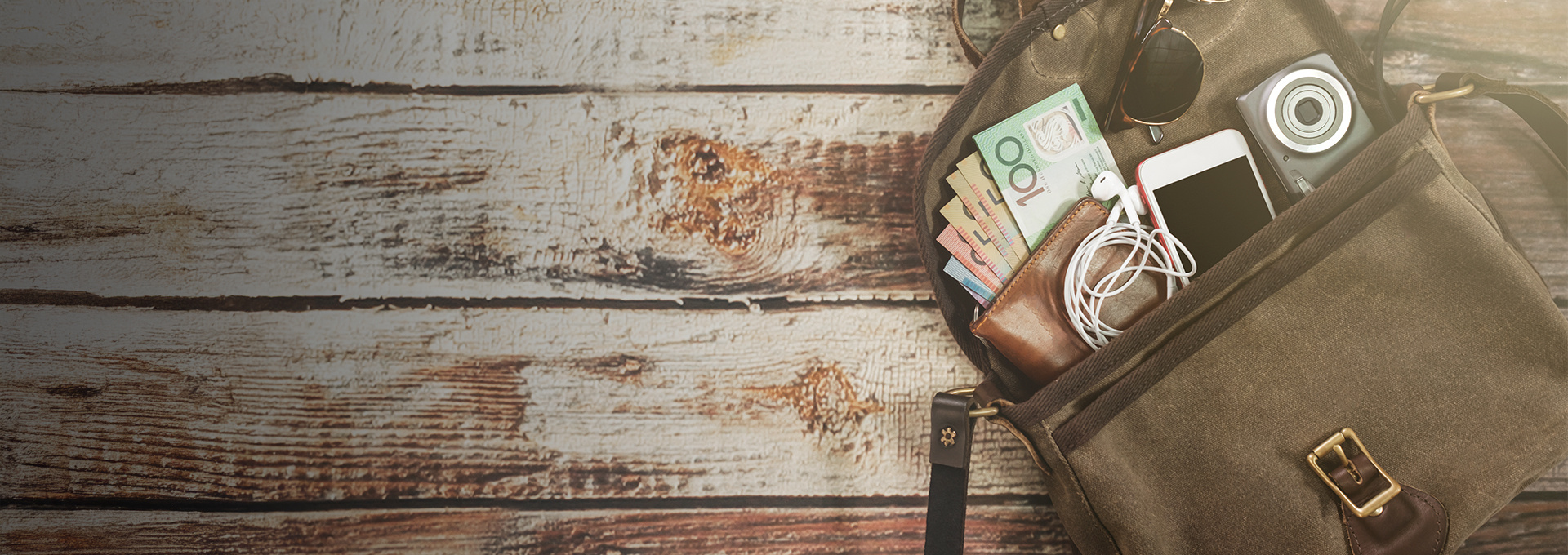
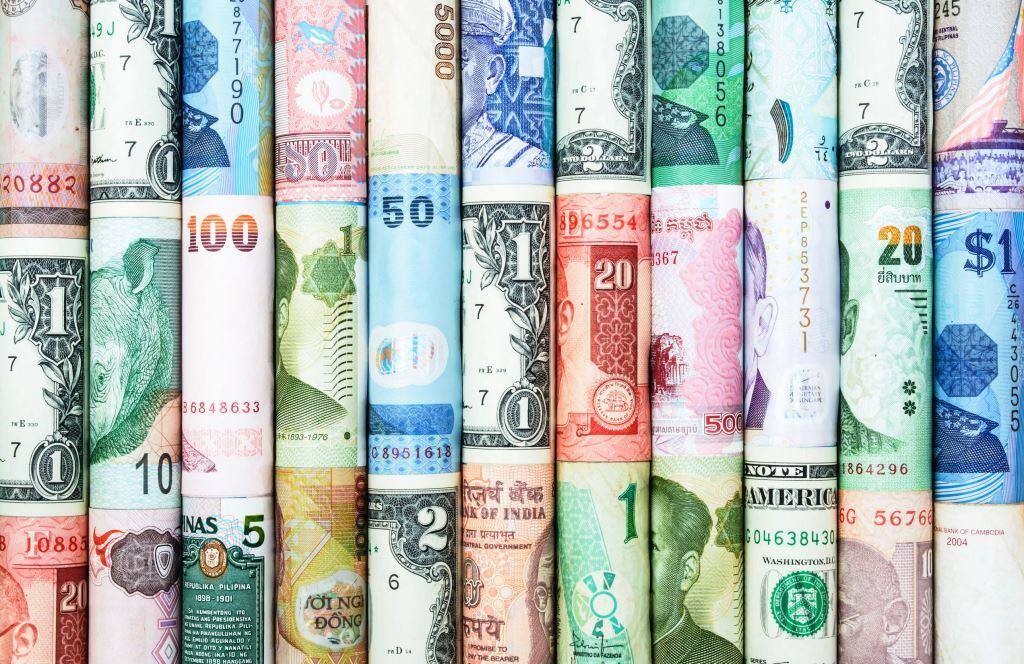
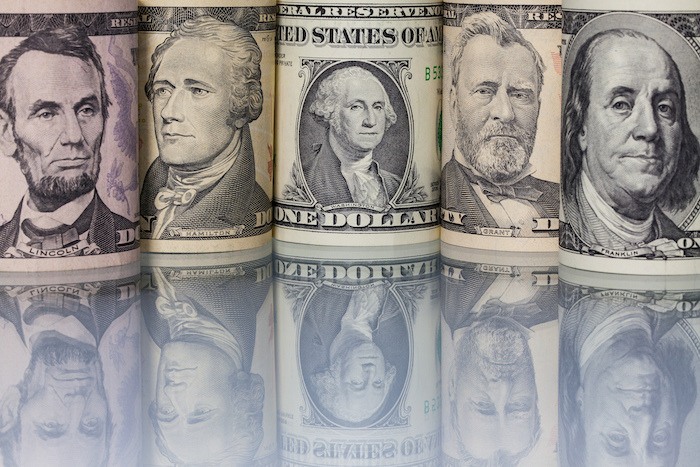






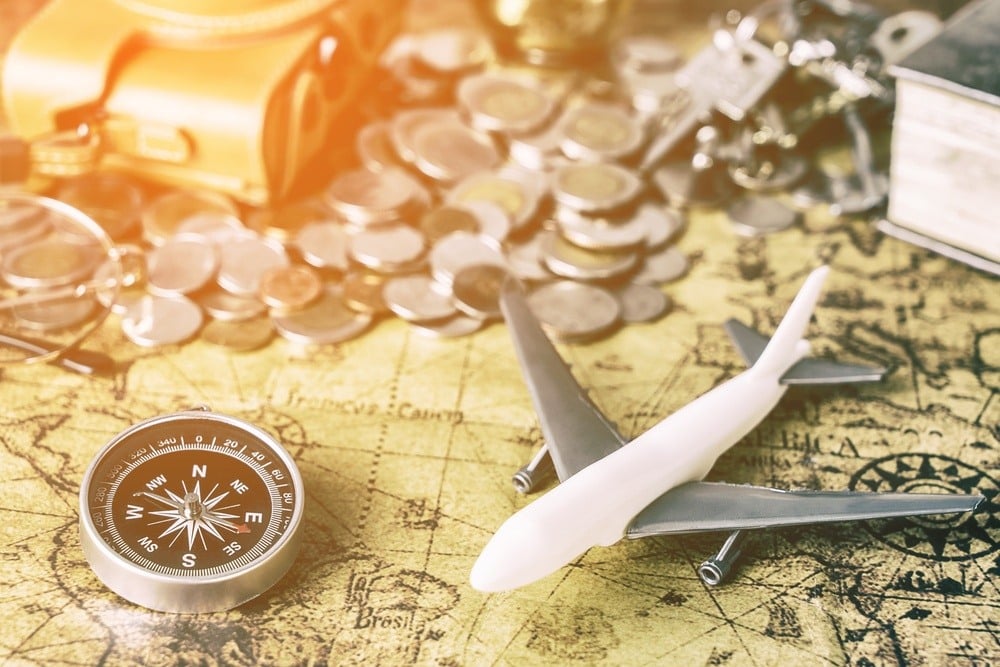




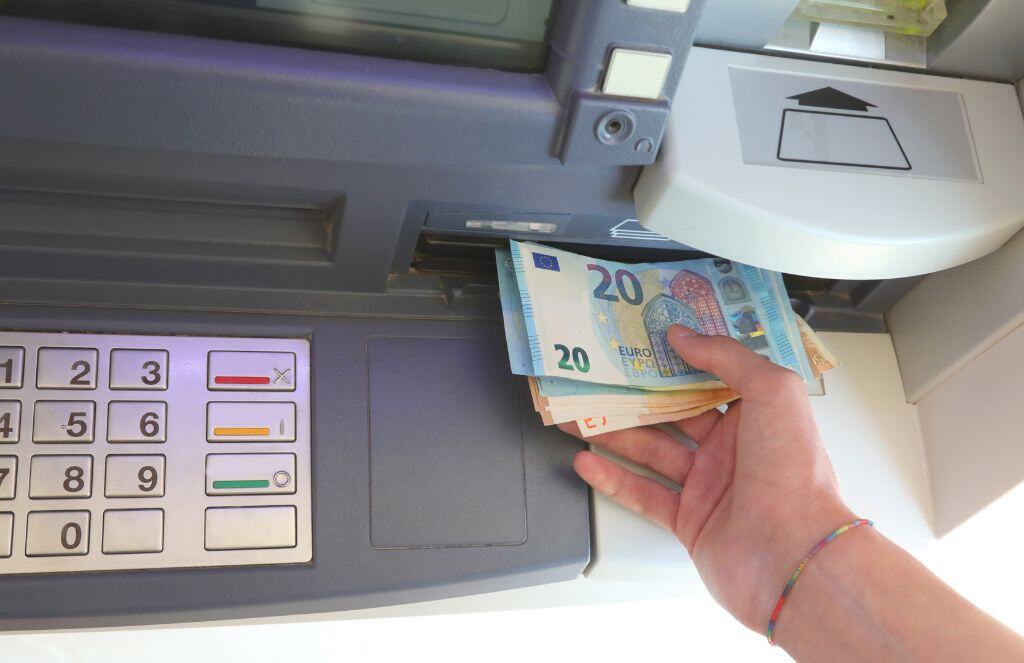


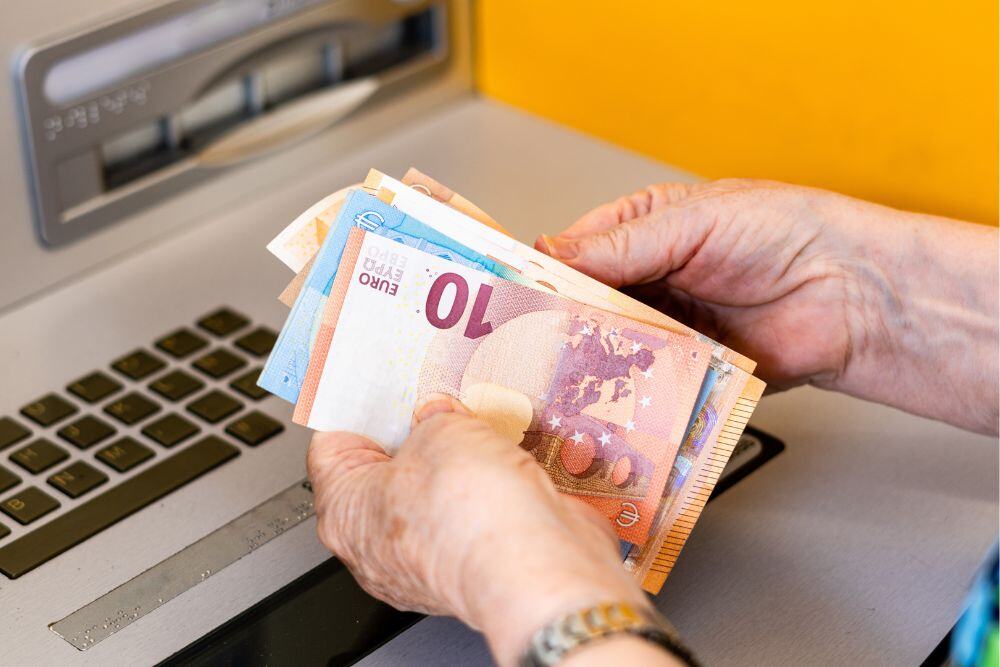

.jpg)

.png)

